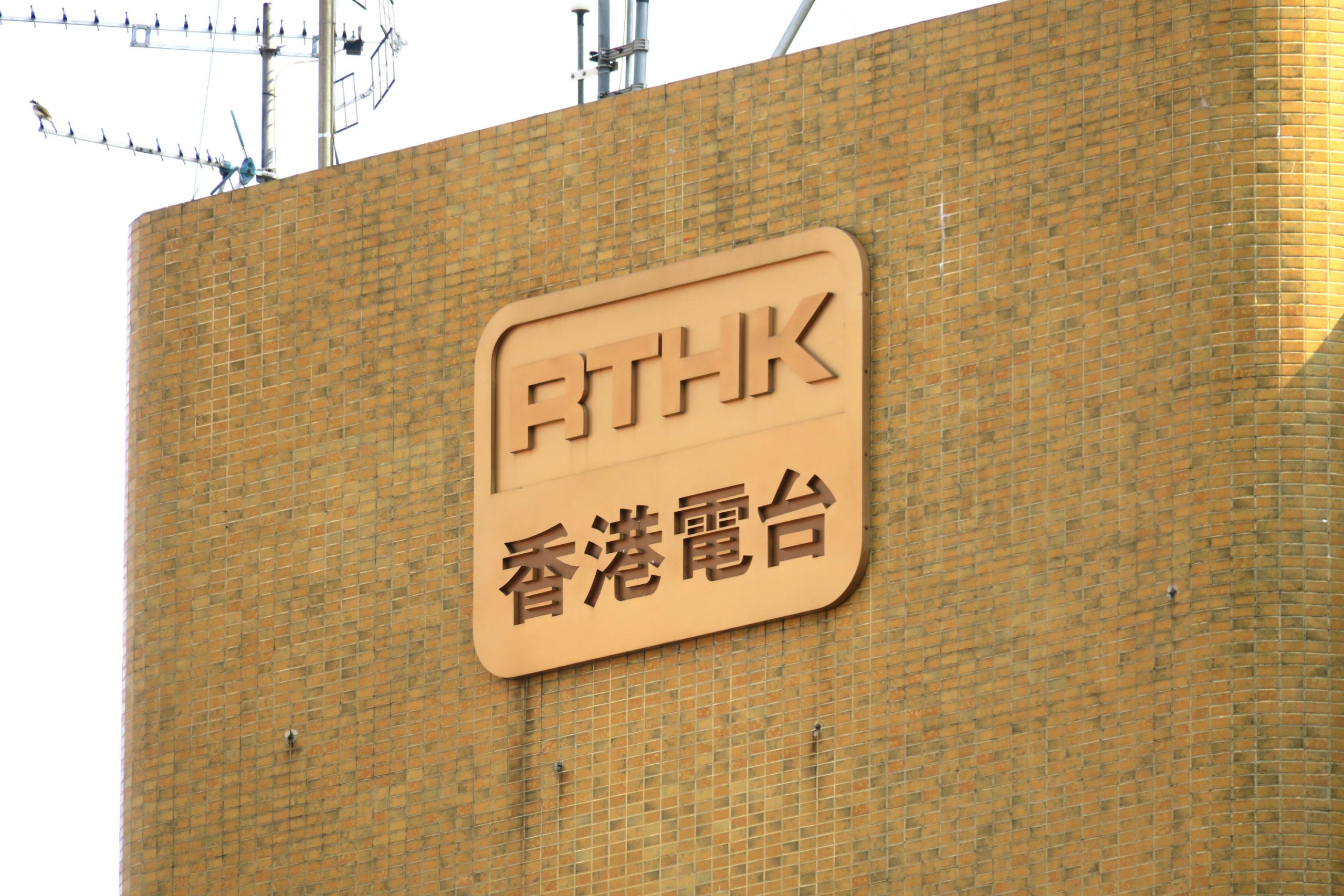The Hong Kong government has announced it is preparing to list new crimes under the National Security Law – a move that could crush dissent and further reduce democratic life in the Special Administrative Region.
In Hong Kong, the undermining of media freedom is happening against the backdrop of legislators’ preparation of new crimes under the National Security Law. Since its introduction in June 2020, Hong Kong’s national security law (NSL) has undoubtedly changed life in Hong Kong. From mandatory pledges of allegiance for civil servants to the targeting of independent media, the law has been used as a tool against those who do not fall in line with the policies of the Hong Kong government.
Now, Hong Kong officials are reportedly working on new offences under the law. Al Jazeera reports that espionage activities are one new focus, with officials analysing ongoing national security trials to inform new legislation. “We hope to complete it within the next term of legislature, and we will consult with the public,” Security Secretary, Chris Tang, said.
The NSL – said to target secession, subversion, terrorism, and collusion with foreign forces – has been deployed several times since its introduction. Beyond Jimmy Lai and the former Apple Daily staff, the law has been used against more than 120 people, from as young as 15 years old. In July, a 24-year-old former waiter became the first person charged and tried under the law; he was sentenced to nine years in prison for secession and terrorism. Hong Kong is also considering other legislation in the name of national security, including a law to combat “fake news” and anti-doxing.
Read more: Explainer: How Hong Kong plans a series of new laws to further tighten its grip
At the same time, authorities are working on the long-shelved Article 23, with the aim of “filling the gaps” in the NSL. Hong Kong’s Basic Law requires the city enacts a security law “on its own” that protects Beijing across seven areas, including acts of subversion, sedition, theft of state secrets, secession, and treason. The law would also “ban foreign political organisations or bodies from conducting political activities in the city and local political organisations or bodies from establishing ties with foreign political organisations or bodies,” SCMP explains. While an attempt had been made to legislate Article 23, the bill received widespread backlash and protest in 2003, forcing the authorities to shelf it.
The national security law – introduced in 2020 – outlaws secession, subversion, terrorism, and collusion with foreign forces. It does not cover all seven offences identified in Article 23.
“Since the national security law has been enacted, there may still be gaps that need to be filled with the Article 23 legislation,” Security Secretary Chris Tang said on 29 September. He said preparatory work on Article 23 will be accelerated to have it completed within the Legislative Council’s next term.
Unfortunately, it is expected that the Hong Kong government will continue to use the guise of “national security” to target not only public media and independent journalism but also non-governmental organisations, the film industry, and civil society as a whole. The Public Media Alliance will continue to monitor and report on the developments in Hong Kong.
Header Image: Central District – Hong Kong, Hong Kong, Hong Kong Island, Victoria Harbour – Hong Kong, Aerial View. Credit: CHUNYIP WONG/istock
Related Posts
5th October 2021
Hong Kong: Hong Kong government continues to dismantle public and other independent media
RTHK's new editorial guidelines will…
29th July 2021
Hong Kong: Undermining of public media, independent journalism continues
The fallout from the closure of…

